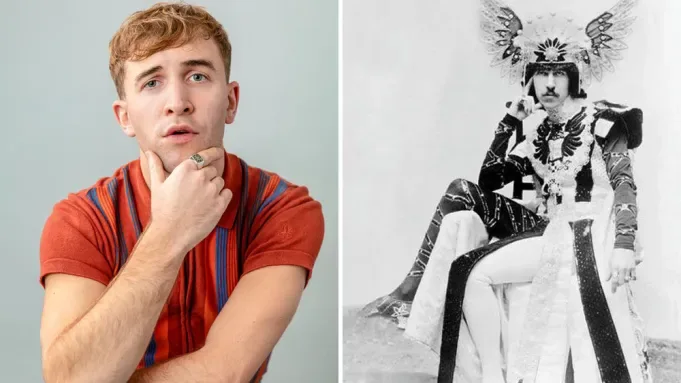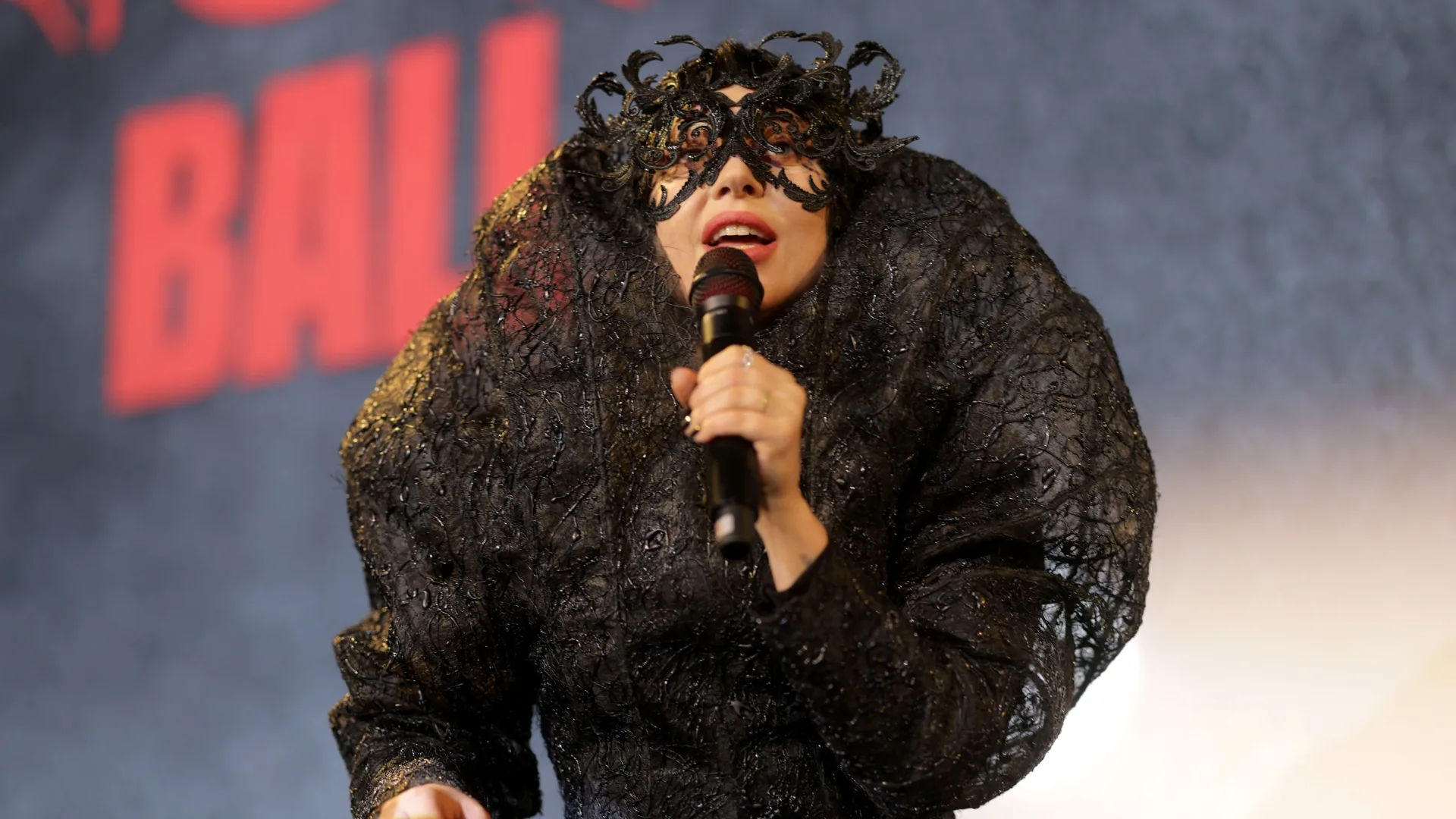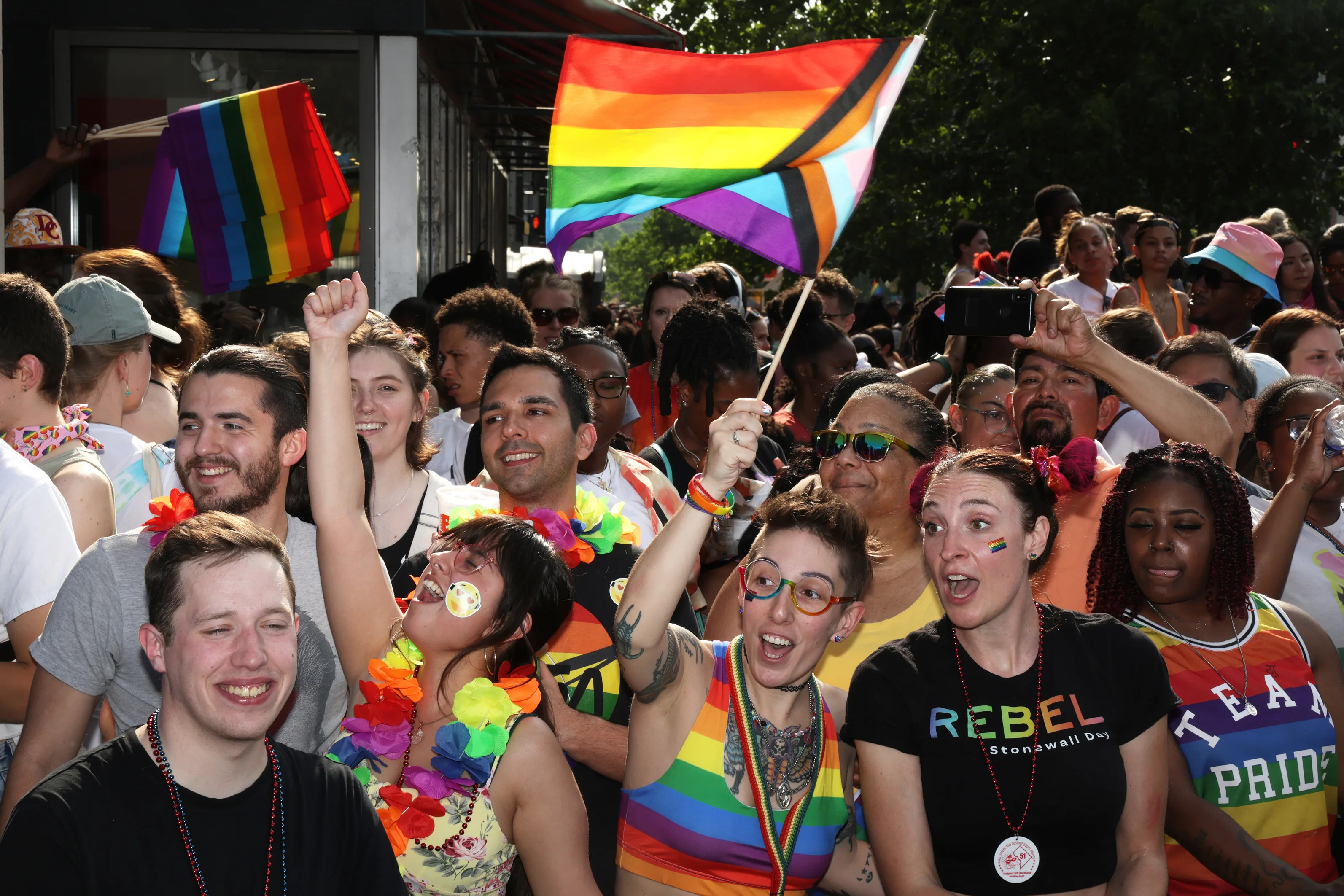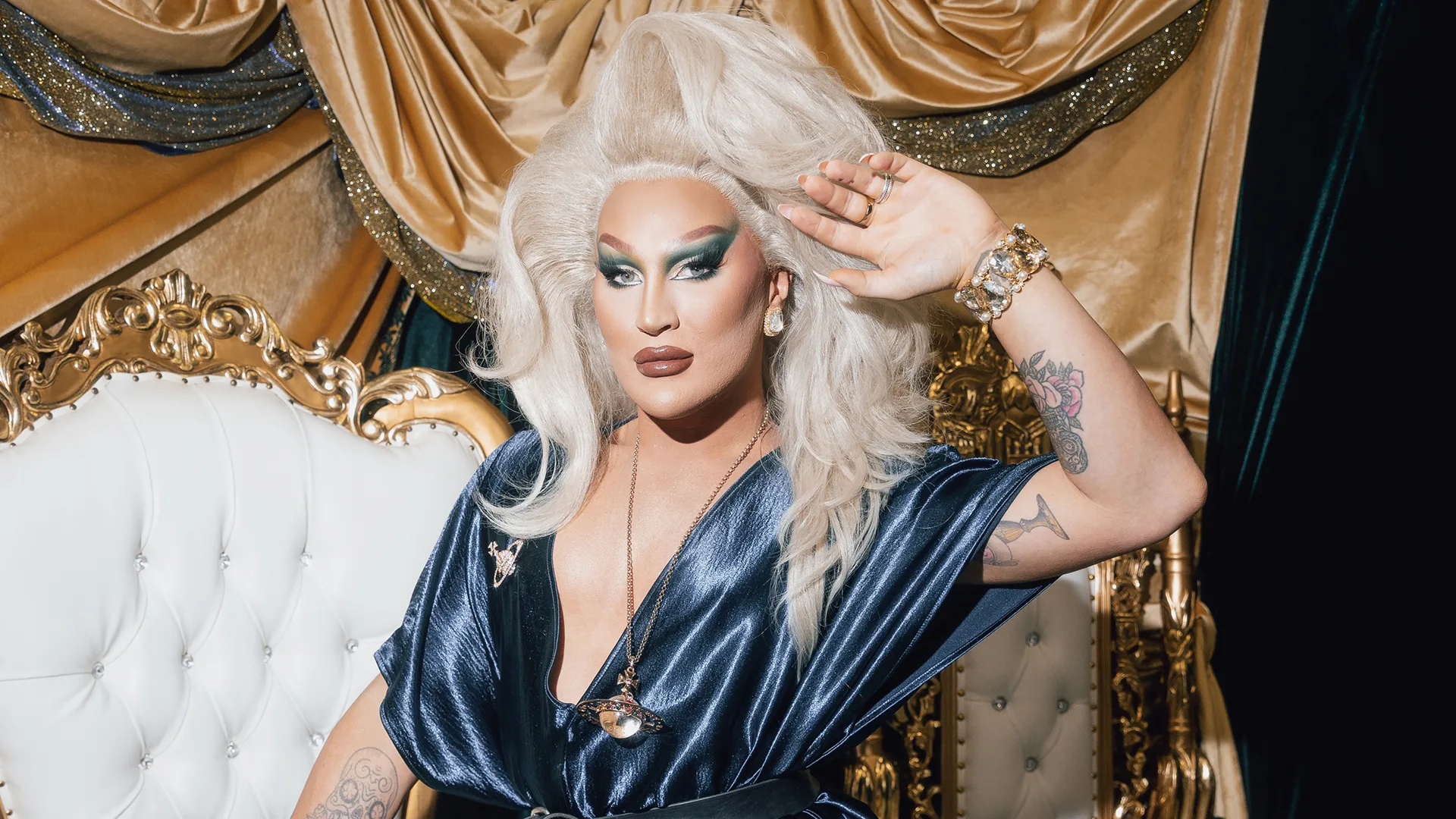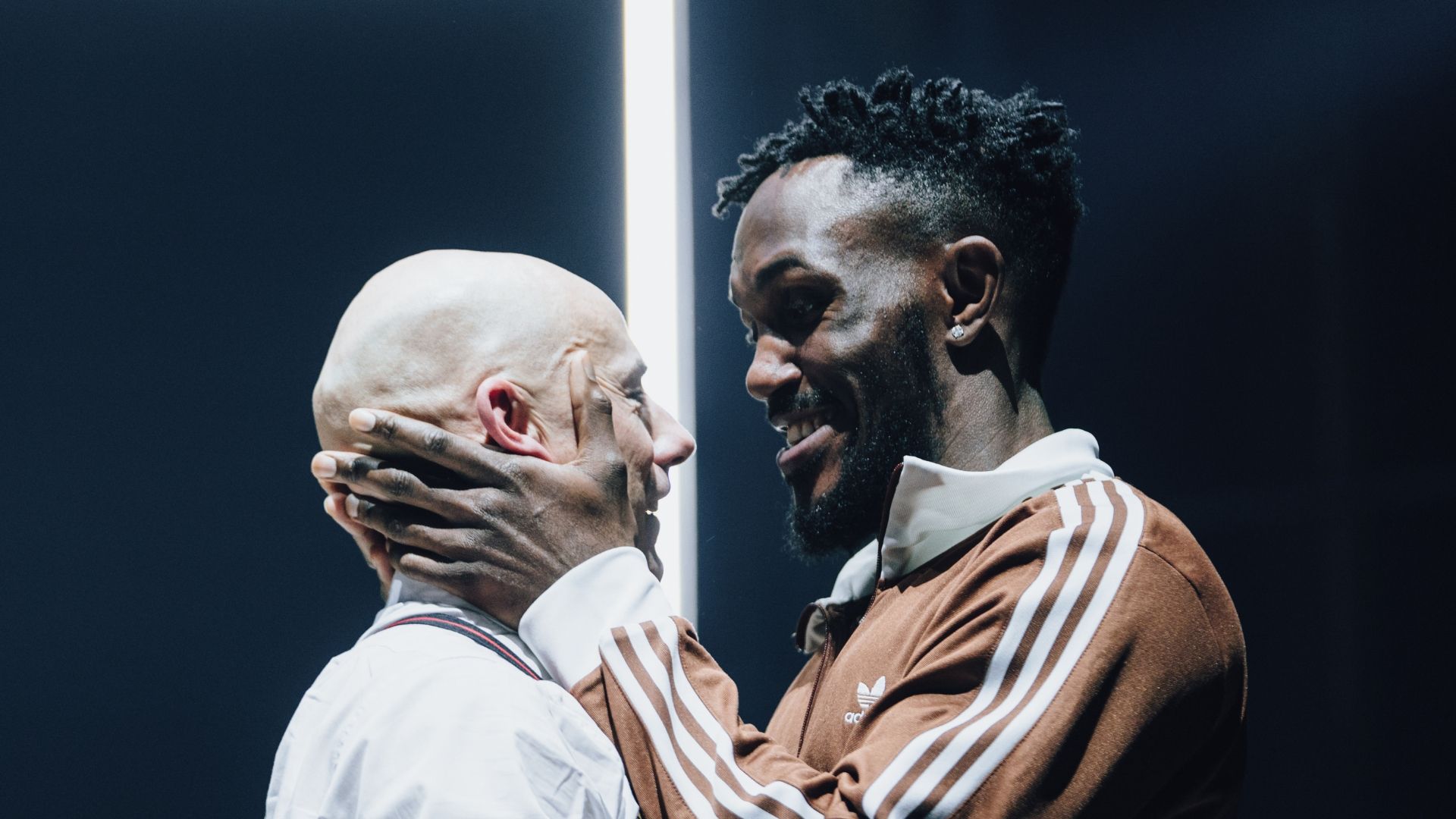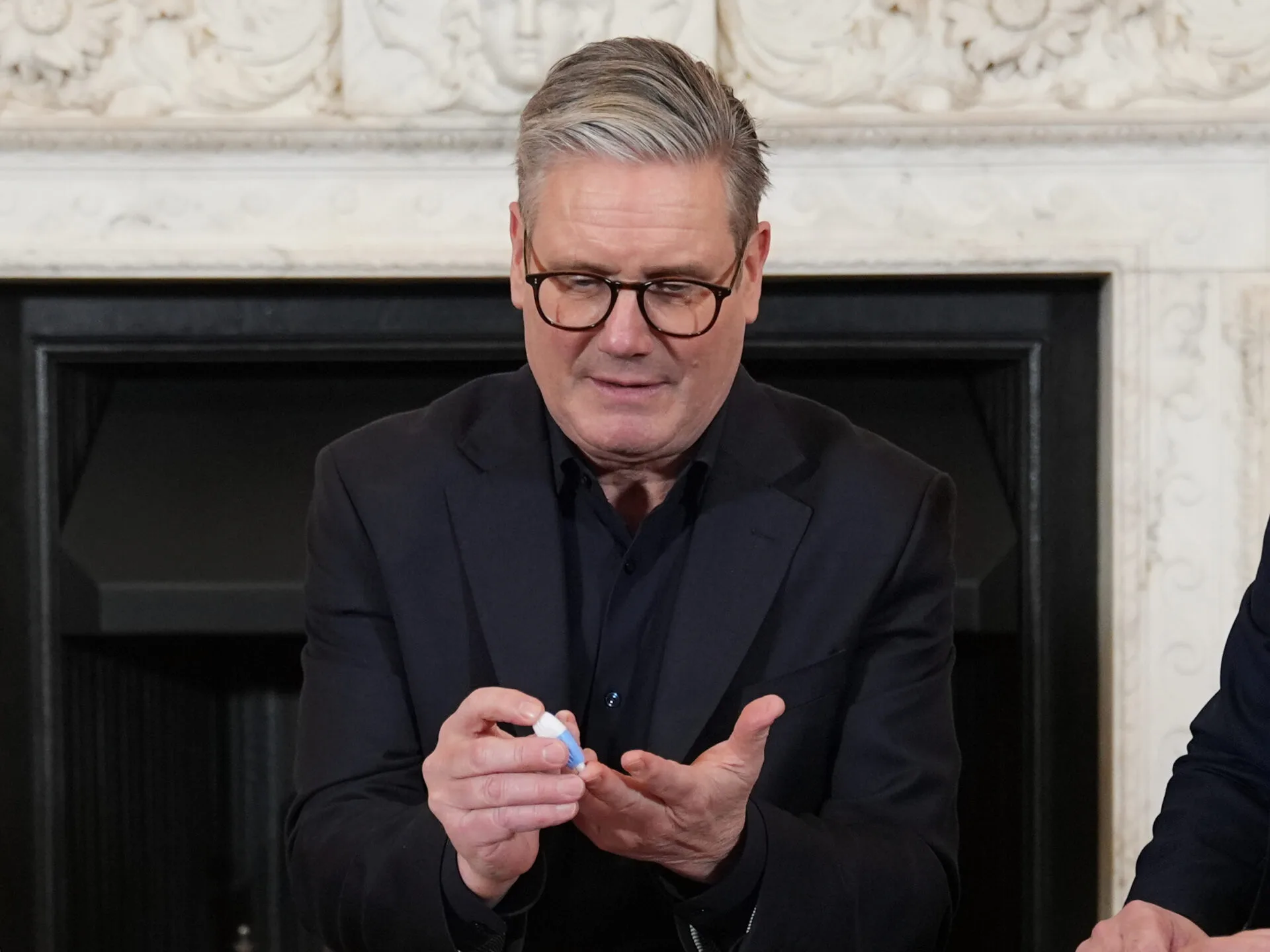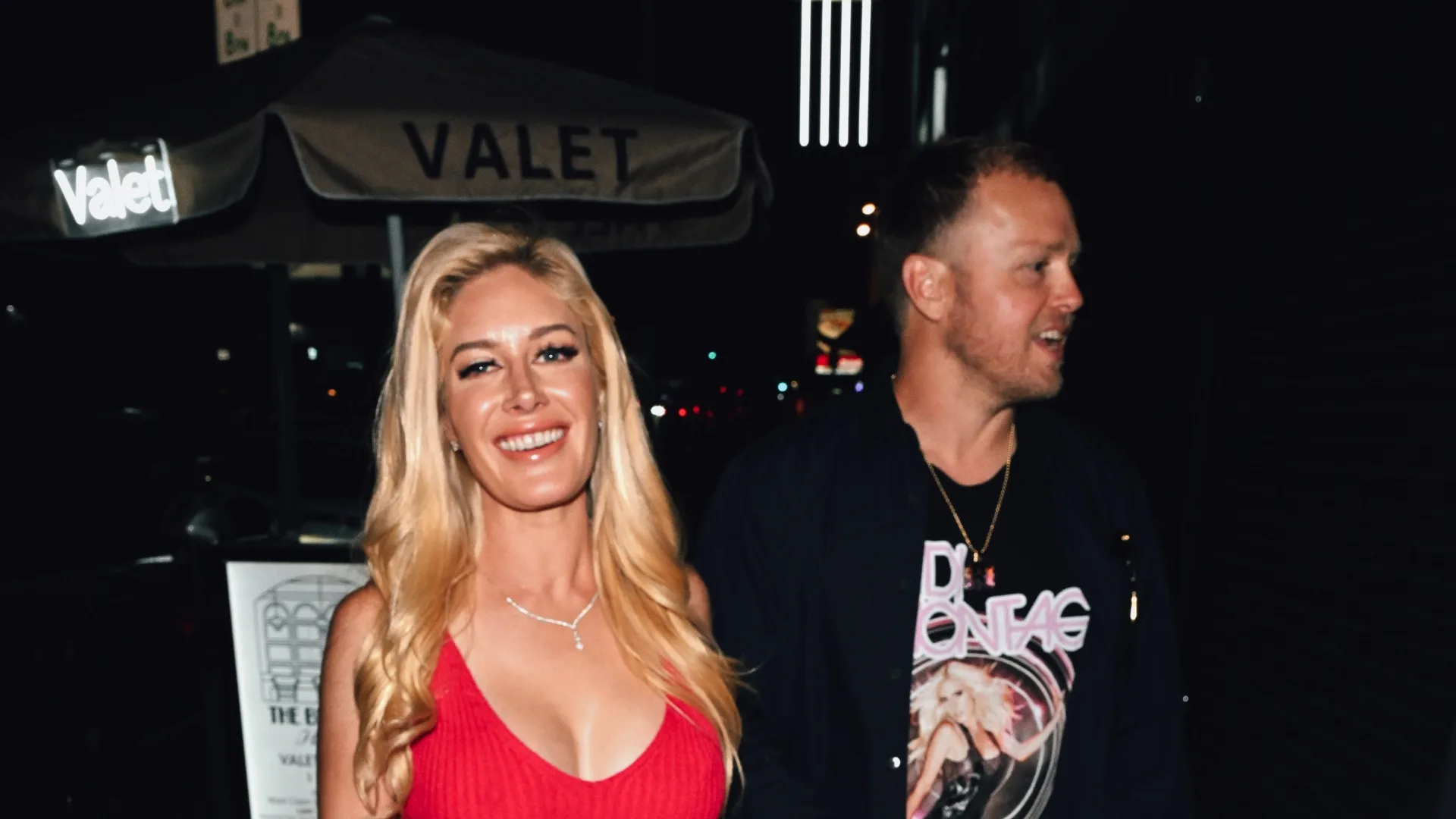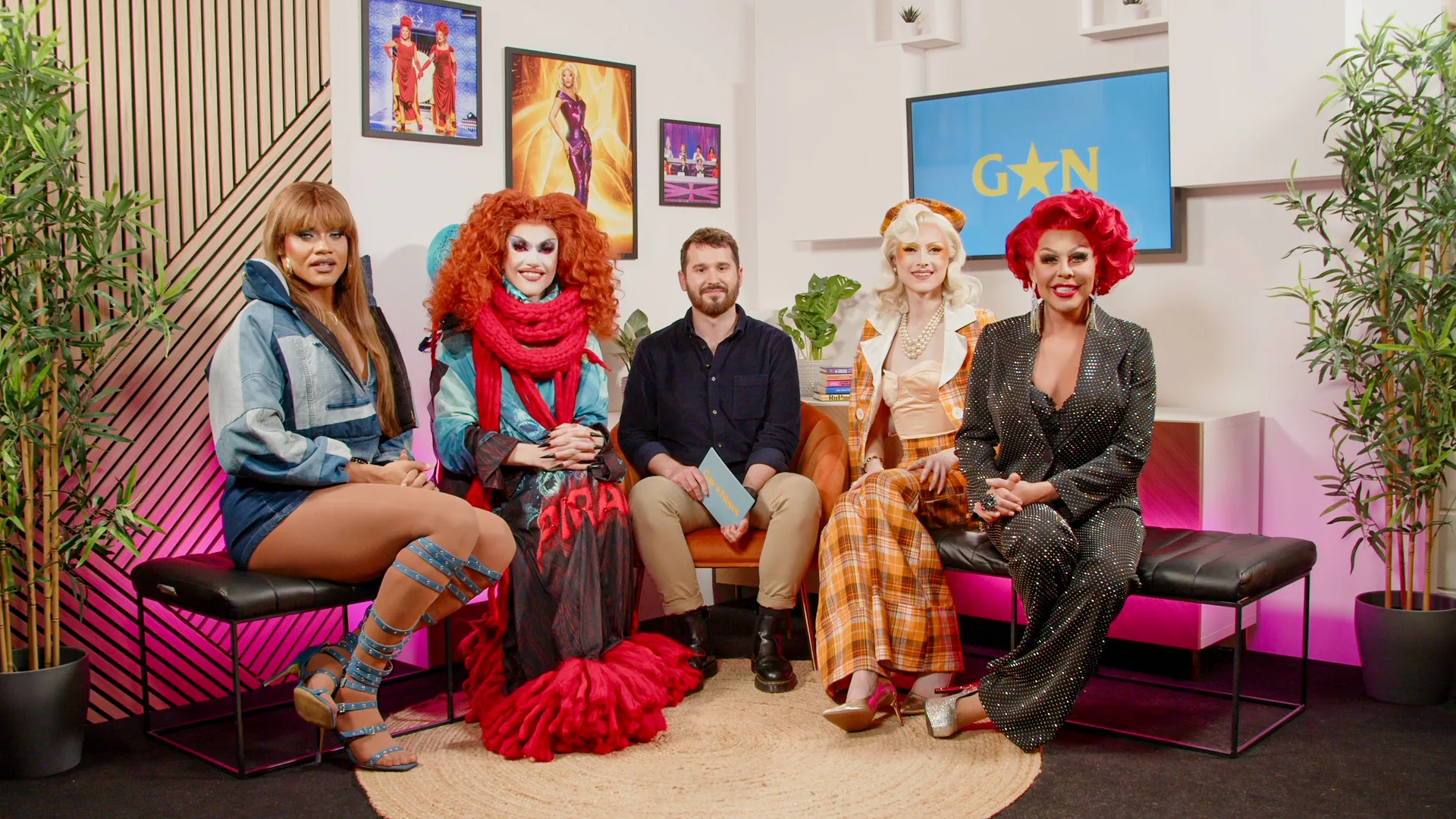When conductor Oliver Zeffman put on Europe’s first classical Pride concert last year, he was shocked. “So many of the most important composers and performers from the past to the present day are LGBTQ+ – Tchaikovsky, Britten, Barber, Bernstein. It’s a very, very long list. It seemed very strange, and long overdue, that nobody had celebrated it,” he told me over the phone.
The concert was a huge success. So much so that for this year, they’re returning with a five day festival, including a night with the London Symphony Orchestra, hosted by Nick Grimshaw, a performance by The Fourth Choir exploring Benjamin Britten, and a drag night with performances by Thorgy Thor, Monet X Change and Vinegar Strokes, among others. Category is: A Night At The Opera.

“Particularly with opera and drag, there’s a huge amount of crossover – dressing up, it’s all very camp. There’s a lot of shared DNA.”
The general (unfair) perception of classical music can be that it’s a little traditional, a little straight down the line, everyone wearing black and white. I ask Zeffman how they draw out the camp of it all in a Pride setting.
“You don’t have to necessarily do much to make it camp if you’re picking the right pieces. If you just listen to them, they’re incredibly camp. If you want to show off that aspect of it, you’ve just got to play them well. A drag show with classical music – I would say even more so with classical music – I don’t know how you avoid the campness!”
Oliver’s goal with Classical Pride is to position classical as an important and originating part of the queer culture story, particularly in music.

“Classical music is part of queerness and queer culture and has been for a very long time. Longer than Madonna or Elton John or Kim Petras, whoever you think creates “gay” music or queer music. Tchaikovsky was writing 200 plus years ago, whereas Madonna, although an elder statesman of the pop music industry, is still alive.
“So it’s to say that, you may not know it, but classical music really has a huge, huge queer history, and a living aspect to it as well.”

Which is important when it comes to Pride. “After last year’s concert, one of the major newspapers said, ‘I don’t really see what the point of this is, there’s loads of gay people in classical music, what a waste of time, why don’t you go and do like a football Pride type of thing.’ I don’t work in football so it’s a little bit more complicated to do that, but also, frankly, that attitude, if anything, would show that there does need to be something. Just because it’s okay if you’re a gay man in London, doesn’t mean that’s the case in lots of places around the world. Pride has its history as a protest movement. Things are sliding a bit backwards in terms of social rights, so it’s important to not be complacent about these kinds of things. The fact that something like this hadn’t happened in classical music before, I think shows a certain degree of complacency.”
Classical Pride runs from the 3-7th July 2024. Get tickets and learn more here.
Follow the author on Instagram here.


